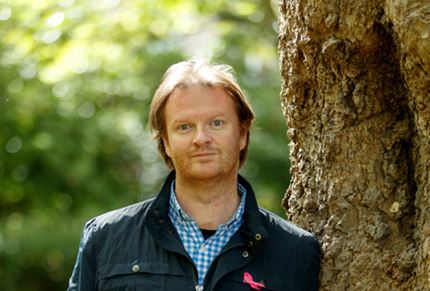Research projects
How immune cells are activated to attack melanoma
Project aim
Dr Yenkel Grinberg-Bleyer and his team aim to unravel exactly how immune cells are activated to attack cancer cells in melanoma. In the future, their research will discover ways to make immunotherapy effective for more people.
Hope for the future
In recent years, a class of immunotherapy drugs called checkpoint inhibitors have revolutionised treatment of several cancers including melanoma, lung and head and neck cancers. However, these treatments only seem to work in 30-40% of patients and researchers still don’t know exactly how these drugs are working to turn the patient’s immune system against the cancer.
Dr Grinberg-Bleyer and his team are now looking to unravel precisely how immune cells are activated to suppress tumour growth in response to checkpoint inhibitors. They hope that their discoveries will identify ways to select patients that are most likely to respond to treatment, as well as reveal new molecular targets that could help develop drugs that can help make immunotherapy effective for more people.


Meet the scientist
Besides science, Dr Grinberg-Bleyer is also a huge fan of cinema, particularly Martin Scorsese movies. Sports-wise, he loves to watch a football game whenever he can and he likes to ski in the Alps, which are close to his home town of Lyon, France.
The science
T cells are immune cells which can target and kill cancer cells, but they are often suppressed by molecules produced by the tumour. Checkpoint inhibitors are a type of immunotherapy which can “reactivate” T cells to attack cancer cells, and these drugs have shown to be effective in the treatment of cancer. However, not much is known about the precise mechanism of these drugs, and they currently only work for a minority of patients.
NF-κB is a protein which research has suggested plays a central role in mobilising T cells against cancer when patients are treated with checkpoint inhibitors. Dr Yenkel Grinberg-Bleyer wants to study this protein in more detail to unpick precisely how it controls T cells to block cancer cell growth. Using novel laboratory methods developed by his team, the researchers will work out how NF-κB influences the biology of T cells and how it switches T cells into cancer-killing mode. They will then validate their findings in samples from melanoma patients to see if there is any link between their discoveries, clinical outcomes, and response to checkpoint inhibitors.
What motivates me? At home, my son’s smile! In the lab, designing experiments to explore the unknown, discovering new therapies that may one day save lives.Dr Yenkel Grinberg-Bleyer
Become a Curestarter and help us fund the next pioneering research project.
Our research projects wouldn't be possible without the funds we receive from people like you. Just £24 can pay for an hour of research.
Support Us




